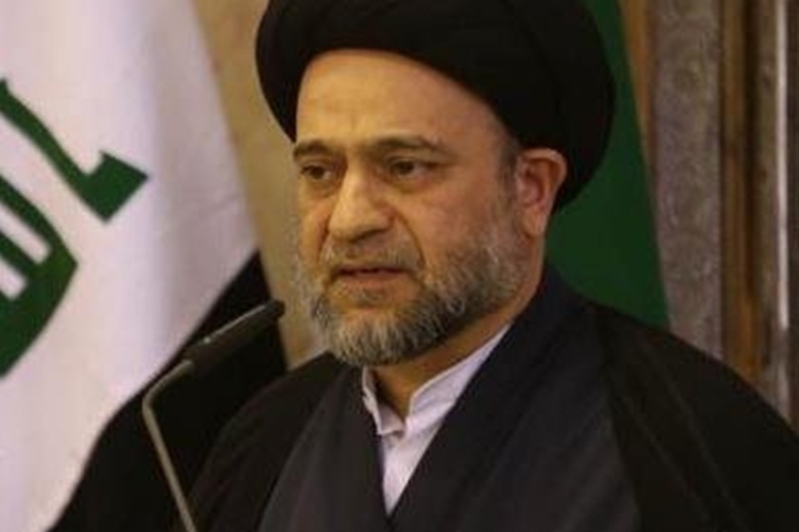
A senior Iraqi Shi'ite cleric has caused outrage among Iraqi Christians after footage emerged of him describing Christians as "infidels" and saying "either they should convert to Islam, or else they are killed or they pay the jizya" [a tax on non-Muslims].
World Watch Monitor reports that undated footage shows Sheikh Alaa Al-Mousawi, head of the Shia Endowment, a government body that looks after Iraq's Shia holy sites, calling Christians "infidels and polytheists", according to Middle East Monitor
In the sermon, Al-Mousawi also stresses the need for "jihad" against believers and says that "Jews and Christians" must be fought and killed if they do not accept Islam.
Al-Mousawi claims the video dates back three years; however, other local reports say that the video is more recent.
The footage has sparked outrage among 200 Iraqi Christian families, who filed a lawsuit against the government-appointed cleric accusing him of sparking "incitement of sectarian violence against Christians".
"Al-Mousawi's call reminds us of the extremist rhetoric issued by radical groups like IS," said Henriette Kats, an analyst for the World Watch Research Unit of Open Doors International which works to support the global Church under pressure.
"There are many other extremist Islamic groups active in Iraq which target local religious minorities, including Christians. However, for such incitements to come from senior government officials is rare and is all the more shocking."
WWM notes that the footage has dismayed displaced Iraqi Christians told by authorities it is now safe to return home to the Nineveh plains liberated from ISIS: "To many Iraqi Christians living in the capital, Baghdad, it is further confirmation that they must stay and continue working in dangerous places," says the outlet.
In response, leaders of the Syriac Catholic Church, Syriac Orthodox Church, and the Chaldean Catholic Church in the Nineveh Plains issued a joint statement calling on authorities to set up a safe haven for the Christians in the region.
"The security and protection of Christian localities in Nineveh Plain, a free zone, and international protection, under United Nations, away from conflicts and rivalries," the head of the Churches wrote.
Around half of the estimated population of 1.4 million Iraqi Christians fled between 2003 and the arrival of ISIS. Human rights groups estimate only around 300,000 Christians remain in the embattled country.
In the U.S., Christian activists are warning that hundreds of Chaldean Christians who've been arrested by immigration officials in Detroit will be persecuted should they be returned to Iraq.
As earlier reported, U.S. Immigration and Customs Enforcement officials arrested 114 people in the metro Detroit area over the weekend, many of them from the Chaldean Christian community. Another 85 Iraqi nationals outside of Michigan were also detained.
Mark Arabo, president of The Minority Humanitarian Foundation, told The Gospel Herald that the possibility that the Christians may be deported to Iraq is "very, very tragic."
"They're like sheep being sent to the slaughter," he said. "There is no place for Christians in Iraq. If they are sent to Iraq, they will be mutilated, they will be forced to convert to Islam, or be massacred by ISIS. They will be vulnerable to the most heinous crimes you could think of."
Immigration agents have defended their actions, however, insisting that the vast majority of those taken into custody over the weekend have in the past committed serious crimes, such as homicide, rape, aggravated assault, and kidnapping.
A hearing is scheduled Wednesday on a lawsuit filed by the American Civil Liberties Union seeking a temporary stay of deportations. The ACLU said Friday that possible deportations aren't expected at least until after the request is heard.






